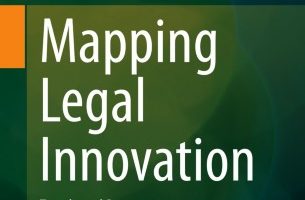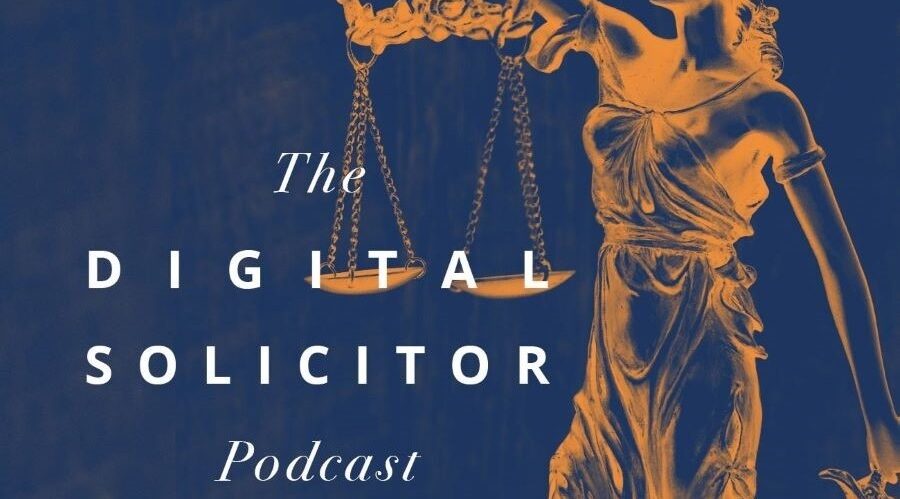


Innovation has, for lawyers, become an area of intense interest. It is likewise a concern and an increasing imperative among lawyers. With the legal services industry undergoing major economic and technological changes − such as digitalization, open data, blockchain technology, and artificial intelligence − law firms and legal departments have no other option than to […]
Read More
The internet has been a significant contributing factor to globalisation over the past couple of decades, notably leading to the creation of tech giants such as Google, Apple, Facebook and Amazon. Although many of these companies are based in Silicon Valley, their customers and users live all over the world. One of the issues which […]
Read More
Back in April 2021 I wrote an article for this newsletter about the Sunburst cyberattack, referencing a blog from Microsoft President Brad Smith in which he warned that mercenary-style technology companies, known as private sector offensive actors (PSOAs), are increasingly selling hacking tools to nation states. He specifically urged the US administration to take action […]
Read More
The Post Office Horizon scandal will probably have come to the attention of most lawyers over the last 12 months. There are a number of significant issues other than legal that surround the scandal, and Paul Marshall of Cornerstone Barristers, Gray’s Inn, succinctly summarises them in a lecture he gave at the University of Law […]
Read More
In the wake of the 2013 Edward Snowden affair, in which a former contractor for the National Security Agency (NSA) revealed that mass surveillance programmes were being operated by the UK and US intelligence services, a collection of journalists and human rights organisations brought a case against the UK government, challenging the bulk interception of […]
Read More
No-one could fault the ambition of the new Online Safety Bill. It aims to keep children safe, reduce online racism, fraud and harassment, protect democracy and enshrine free speech. All of these are laudable aims, but those who practise in the field of online publication and safety know how hard it has historically been to […]
Read More
Two years on from Justis Since Justis was acquired by vLex two years ago, the teams have now fully integrated. With centralised development and editorial operations, the vLex and Justis teams now work together to increase the volume of legal information available on the service. However, the formerly Justis sales, accounts and marketing teams continue […]
Read More
Finally, after nearly three years of consultation, white papers and industry input, on 21st April 2021, the European Commission published its proposals for Laying Down Harmonised Rules on Artificial Intelligence (the “Regulations”). The over-arching aim of the Regulations is to ensure that fast changing AI technology is applied and supplied across Europe according to a […]
Read More
In 2016 article in the Newsletter about driverless cars I noted that Google founder Sergey Brin had predicted that driverless cars would be available for consumers by 2017. When this failed to transpire, Ford claimed that it would be selling a self-driving vehicle with “no gas pedal” and “no steering wheel” by 2021. Half way […]
Read More
Addressing the latest monthly members’ meeting of the International Council for Online Dispute Resolution on 6 May 2021, Lord Michael Briggs expressed his disappointment that, almost five years since his Final Report on The Civil Courts Structure Review, in which he recommended that a form of early triage be introduced to an online civil court, […]
Read More
In recent years there has been a cultural and emotional shift with the Cloud becoming an everyday part of our lives and yet few of us can truly describe what the Cloud is. There remains something of the black arts about it that can cause uncertainty, especially for potential business users who are used to […]
Read More
Managers are increasingly reliant on computer software and algorithms when assessing the performance of their staff. This is the case both in traditional forms of employment where there is a clear employer-employee relationship, and with gig economy arrangements which muddy the water by attempting (sometimes unsuccessfully) to classify staff as self-employed contractors. One of the […]
Read Moreinfolaw Limited 5 Coval Passage London SW14 7RE Registered in England number 2602204 VAT number GB 602861753